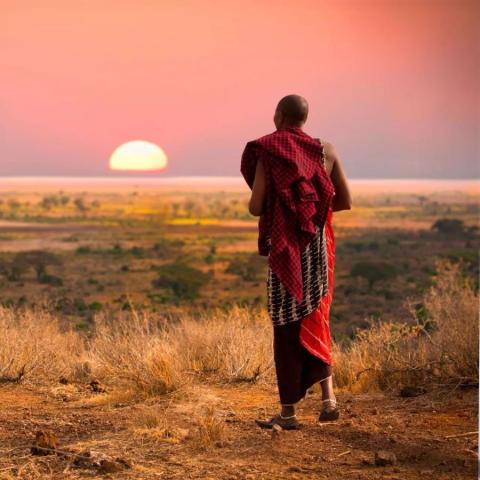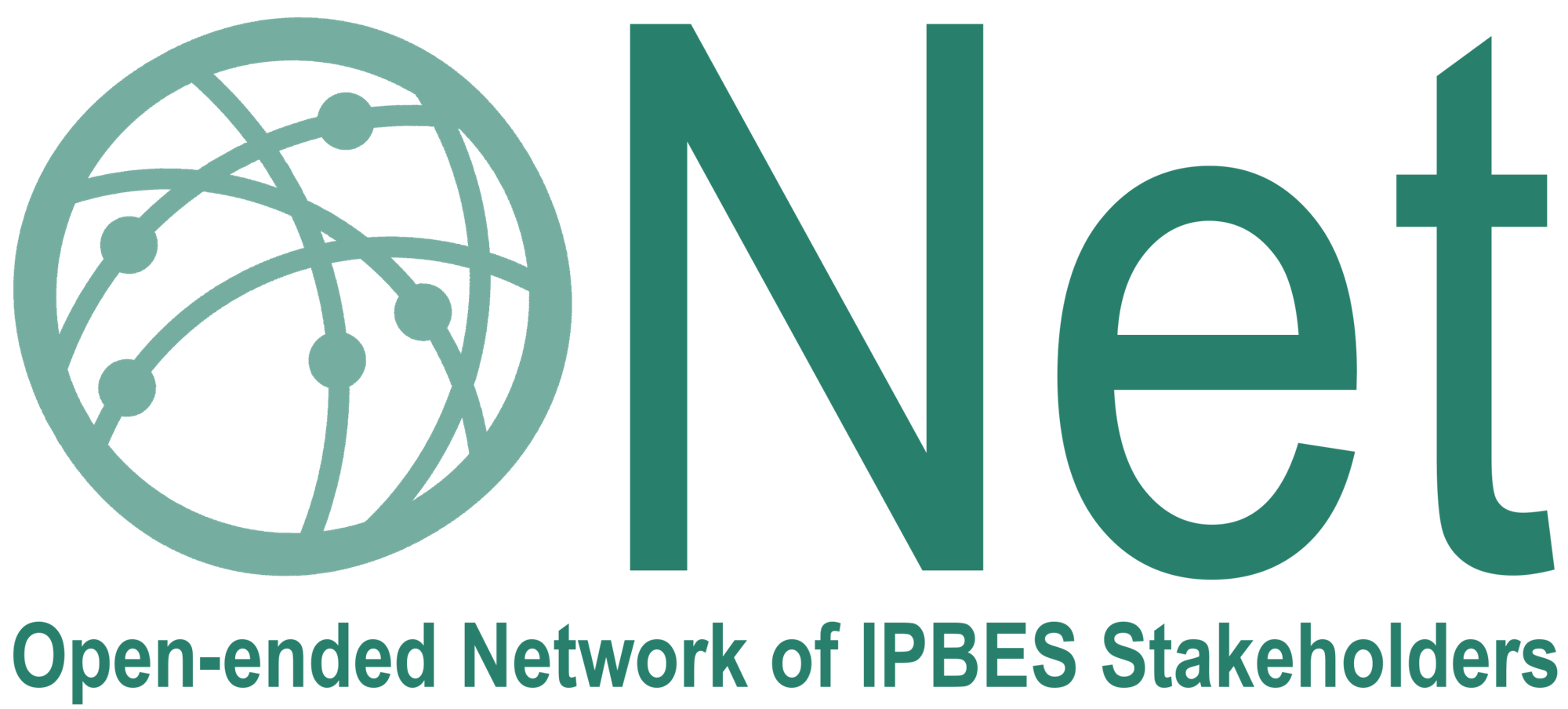IPBES Webinar: Indigenous Peoples and the Transformative change assessment

Organised by IPBES, UNESCO, and the Network of the Centers of Distinction on Indigenous and Local Knowledge. Available in English, French and Spanish.
15 April 2025, 13:00-15:00 Paris / 19:00-21:00 Manila / 06:00-08:00 Bogota
In December 2024, the IPBES Plenary approved the new IPBES Transformative change assessment: it addresses the underlying causes of biodiversity loss and the determinants of transformative change and options for achieving the 2050 Vision for Biodiversity.
Like every IPBES assessment, the Transformative change assessment followed a rigorous approach to include Indigenous and local knowledge.
As a result, the assessment highlights and explores important contributions by Indigenous Peoples and local communities: how they conceptualise, envision, manage and govern transformative change. The assessment also includes related opportunities, risks and ways forward.
- Authors will personally explain the main findings of the assessment.
- Members of Indigenous People and local communities will reflect on their perceptions, experiences, management and governance related to transformative change.
>> Download the posters (0.5 MB)
You might also be interested in the IPBES webinar on Indigenous Peoples and the Nexus assessment: on 15 May 2025, 14:00-16:00 CET.
IPBES work with Indigenous Peoples and local communities
IPBES follows a structured and rigorous approach to working with Indigenous and local knowledge (ILK). It includes dialogue workshops and contributions from authors across a range of disciplines and knowledge systems.
With this approach, IPBES has set new standards for working with Indigenous People and local communities (IPLC). It is now inspiring and informing work across a range of institutions.
>> Explore IPBES work with ILK
>> Read more about the participation of IPLC
>> Register with IIFBES, an IPBES Stakeholder Network dedicated to IPLC
Who are Indigenous Peoples and local communities within IPBES?
IPBES typically considers Indigenous Peoples and local communities (IPLC) ethnic groups who are descended from and identify with the original inhabitants of a given region, in contrast to groups that have settled, occupied or colonized the area more recently.
The IPBES Sustainable use assessment explained further that local communities refers to non-indigenous communities with historical linkages to places and livelihoods characterized by long- term relationships with the natural environment, often over generations.
The IPBES Africa assessment further detailed that Indigenous People are the holders of unique languages, knowledge systems and beliefs and possess invaluable knowledge of practices for the sustainable management of natural resources based on their traditional values, visions, needs and priorities. They are inheritors and practitioners of unique cultures and ways of relating to people and the environments. Indigenous people have retained social, cultural, economic and political characteristics that are distinct from those of the dominant societies in which they live.
IPBES does not intend to create or develop new definitions of what constitutes indigenous peoples and local communities.
For further reading, you may also want to see the IPBES Glossary for indigenous and local knowledge (ILK), indigenous and local knowledge systems, as well as indigenous and local knowledge holders.
>> Learn more about definitions of IPLC used in IPBES assessment reports
About the organisers
Centers of Distinction on Indigenous and Local Knowledge
COD-ILK came together in 2016 as a global network for the purpose of renewing and promoting traditional knowledge, wisdom and practices as central solutions to contemporary social and ecological crises. They have sought to strengthen the vital place of Indigenous and Local Knowledge (ILK) in IPBES since its fourth Plenary session.
COD-ILK is composed of indigenous leaders, experts, professionals and advocates of indigenous and local knowledge as vital for nature and nature’s linkages with people. Its 16 member organisations are based across Africa, the Americas, Asia and Europe.
>> Download the brochure (2.2 MB)
IPBES technical support unit on Indigenous and local knowledge
UNESCO-LINKS hosts the technical support unit on Indigenous and local knowledge of IPBES. It supports the IPBES taskforce on Indigenous and local knowledge, builds capacity among authors of IPBES biodiversity assessments and supports them, and facilitates participation of Indigenous Peoples and local communities in IPBES activities.
Photo by Jo Crebbin: Massai man in traditional clothing.
